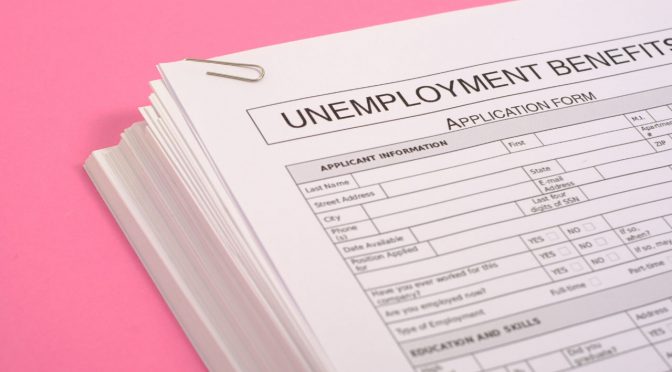The AFM last month joined with other entertainment unions and music industry organizations in highlighting the ways that the CARES Act has fallen short in assisting musicians and other entertainment workers. Leaders of nearly 50 organizations signed a letter to House Speaker Nancy Pelosi (D-CA) and Senate Majority Leader Mitch McConnell (R-KY) asking them to address the flaws in the legislation and offer remedies in a new CARES Act COVID relief package.
The organizations said in a joint statement: “While we appreciate the efforts of lawmakers to meet the challenges of this pandemic, we need to ensure that our community is getting the aid they need to survive. Musicians are struggling to access the basic financial resources available due to conflicting and burdensome requirements in relief programs. Simply, there is a hole in this safety net that Congress must fix in the next version of the CARES Act.”
In the letter, the coalition wrote:
“Given the unique nature of our industry, many in our profession work from project to project and gig to gig, not only in multiple jobs but in various capacities. As a result, creators often find themselves working as employees receiving W-2 wages and as independent contractors (or otherwise self-employed) receiving 1099 income for performances, royalties, and other services. Unfortunately, implementation of the Pandemic Unemployment Assistance program (PUA) has overlooked workers with mixed income.
“In almost all cases that we see in every state, a minimum amount of W-2 income disqualifies a self-employed individual for PUA and significantly lowers the amount of assistance they receive. PUA must be updated to recognize these different income streams and allow individuals to show their mixed sources of revenue for a full accounting of their annual income.
“In addition, those who work on location or perform on tour earn freelance income in multiple states, some of which does not come with a 1099. While some state agencies allow for this type of reporting, some do not. Congress’s intent is that such workers should be fully eligible for at least the minimum PUA amount, but state implementation does not fully reflect this intention. PUA must be updated to recognize these unique circumstances.”
The letter also describes concerns about the Paycheck Protection Program (PPP) and the Economic Injury Disaster Loan (EIDL) program that were included in the first CARES Act, and states that the entertainment industry will continue to need government assistance once venue doors reopen.
“There is no sugar-coating this: the entertainment industry has been decimated,” the letter concludes. “We trade in imagination, but the reality of our situation is dire. Today, we eagerly share our craft when we can—through video streams, on social media, or from apartment balconies. But it is not a viable ‘work from home’ solution and it will not sustain us. We need help that only you can provide, in a way that recognizes the particulars of our industry.”
The organizations who signed the letter in addition to the AFM included the Academy of Country Music (ACM), American Association of Independent Music (A2IM), American Society of Composers, Authors, and Publishers (ASCAP), Country Music Association (CMA), National Music Publishers’ Association (NMPA), Nashville Songwriters Association International (NSAI), the Recording Academy, the Recording Industry Association of America (RIAA), the Screen Actors Guild-the American Federation of Television and Radio Artists (SAG-AFTRA), the Songwriters Guild of America, the Songwriters of North America (SONA), SoundExchange, and more.


